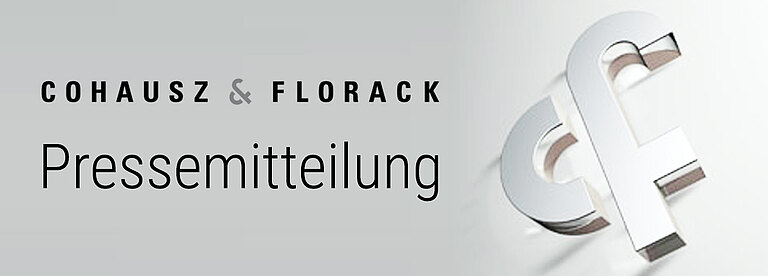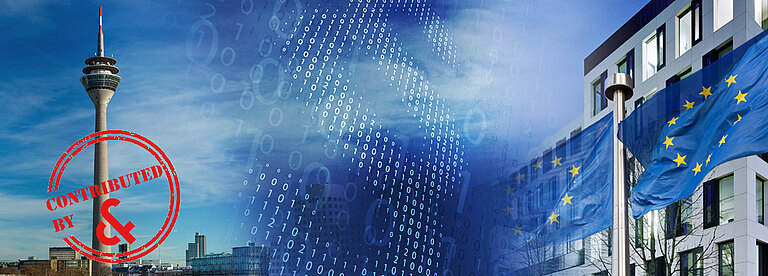Düsseldorf, 17.07.2015 – As expected, the European Court of Justice (ECJ) has passed judgement in the patent dispute between the Chinese mobile phone companies Huawei and ZTE: If a company possesses a standard essential patent (SEP) – in the case of Huawei it concerned the mobile radio standard LTE – this does not necessarily imply a market-dominating position. Rather, this must be proven by the defendants and reviewed by the national court in each particular case. If a market-dominating position should be at hand, the company may be obliged to submit a licensing offer to the competition. The license must then be offered at fair, reasonable and non-discriminatory conditions (so-called FRAND conditions) and also include all industry-specific clauses that are usually specified in a license agreement. These include, in particular, the amount of the license fee and the method of calculation. In addition, the patentee is obliged to disclose which patents have been infringed and what exactly constitutes the patent infringement.
Lower requirements for FRAND licence offers
The patent infringer has to respond carefully and seriously to the license offer. If he declines the offer, he must submit a written counter-offer to the patentee in the short term and give security for the royalties. However, if the behaviour of the patent infringer is considered to be purely tactical, reluctant or not serious, an application for injunction on the part of the patentee does not then mean that he is abusing his market-dominating position. Legal action by the patent holder for accounting as well as for damages for past uses of the patent shall of course also not constitute an abuse of a market-dominating position. Whether the respective measures are appropriate is to be decided by the responsible court.
The dispute between Huawei and ZTE was referred by the Regional Court of Düsseldorf to the ECJ in spring 2013 in order to resolve contradictions in the legal opinions of the German Supreme Court (BGH) and the European Commission with respect to SEP actions. In contrast to the BGH, the European Commission had demanded higher requirements for FRAND licensing offers by the patentee. With yesterday's decision, which mediates between the two positions, the ECJ follows the opinion of the Advocate General Melchior Wathelet, who already submitted a proposal for this case to the ECJ in November 2014.



